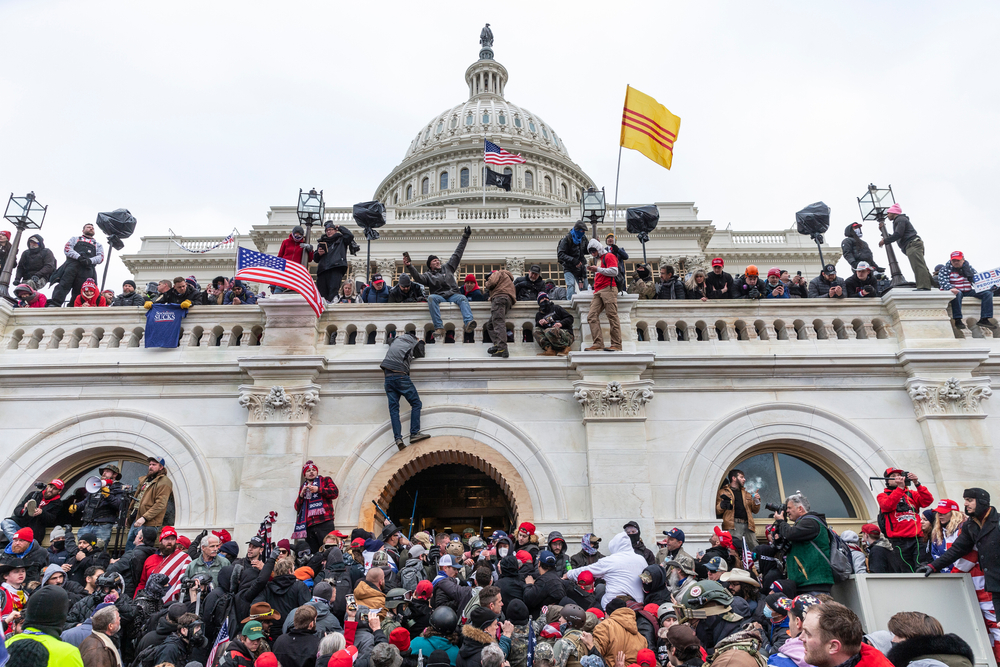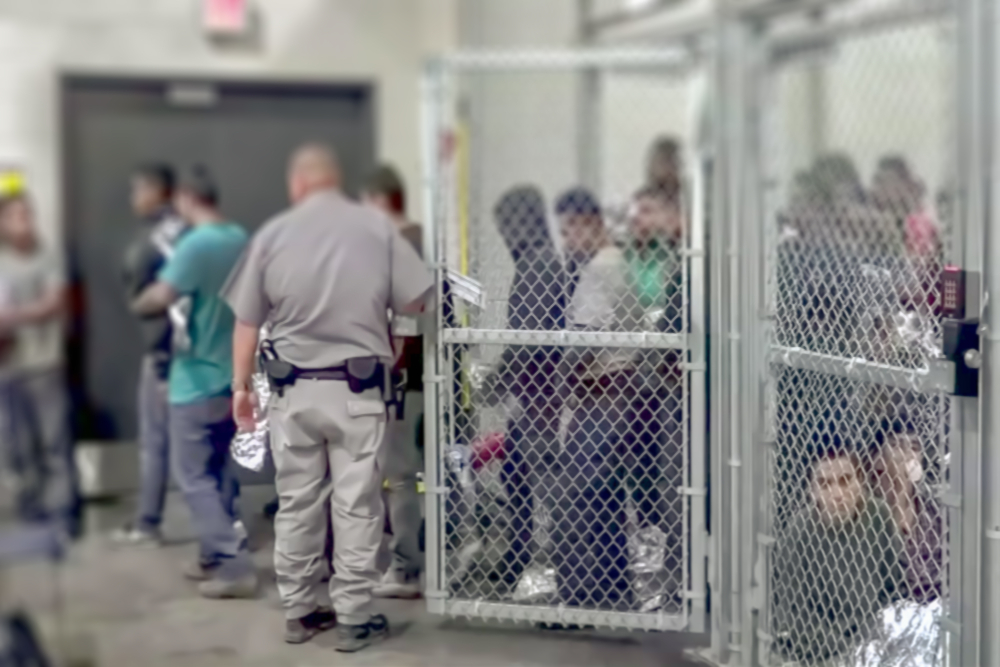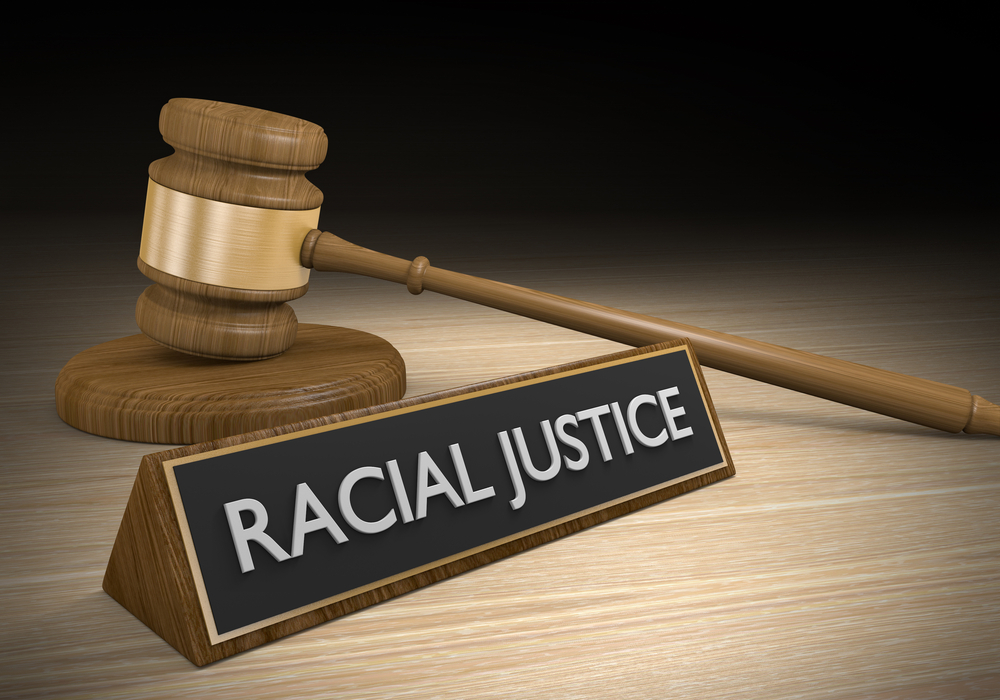Most Americans were astonished Jan. 6 as they watched a band of Trump supporters rush the Capitol, loot offices, threaten civilians and trash Congressional offices. This occurred shortly after President Donald Trump urged some of his most rabid supporters to fight harder against what he still publicly and baselessly calls a stolen election.
When it was over, five people were dead, including a Capitol Police officer.
Many are at a loss for words to describe, in legal terms, what exactly it was that they witnessed. Was it treason? Insurrection? Trespassing? A failed coup?
RELATED: What Biden might do, and not do, for criminal justice reform
RELATED: Republican attorneys general group sponsored pre-riot Trump rally
To bring justice to the culprits, legal authorities must be clear on what they can charge these individuals with and what penalties they will face.
The Marshall Project, a nonprofit that reports on criminal justice topics, has produced a report entitled A Civilian's Guide to Insurrection to help clarify what America and the world witnessed that day. The insurrection occurred on the same day Congress was doing the people's work to certify the election, which favored Joe Biden by some 8 million votes and 306 electoral college votes to 232.
"Did anyone commit treason or sedition? What exactly does it mean to incite a crime or to riot? These aren't just word games," the report says. "Knowing how these terms are specifically defined under federal law will have consequences for the most violent of the rioters who have been or could be arrested by federal authorities — and also for Donald Trump and others who instigated the crowd's actions."
The worst of the lot are likely to face federal murder charges. In contrast, others will likely face charges for "unlawful activities" on Capitol grounds or for violent entry, property destruction, or disorderly conduct.
There is also the possibility prosecutors will charge some with seditious conspiracy, a federal charge punishable by up to 20 years in prison.
"There is a whole gamut of lesser charges they are already using," said Devin Schindler, Distinguished Emeritus Professor of Law at Western Michigan University's Cooley Law School.
"The big one, though, and they have already threatened to use it, is sedition or conspiracy to engage in sedition. That is a felony and a pretty big deal," Schindler said. "The Sedition Act has three categories considered sedition. Basically, conspiracy, two or more people conspire together to destroy by force the government of the United States.

"That is going to be a hard reach, but it is also a crime to oppose by force the authority of the United States," he said. "That is an easier reach here because we saw the use of force, bashing in doors and things of that nature to oppose the authority of Congress to certify the election. To use force to prevent, hinder, or delay the execution of any law is sedition. That seems to be, from what we have seen, they can show conspiracy, which is part of the Sedition Act. They were seeing people using force to delay the execution of the electoral laws."
This is not the first time federal prosecutors have had to question which charges are correct for rioters in recent months.
As the Justice Department continues its drive to crack down on violence spurred by the killing of George Floyd at Minneapolis police's hands, federal prosecutors have charged 70 people with crimes from vandalism to inciting looting through Facebook Live, arson and murder, Politico reports.
"While some of the cases are unquestionably grave, others seem less so, and have raised questions about whether the federal government is stretching its authority to satisfy President Donald Trump's desire to see a forceful federal intervention in the protests," the Politico article says.
"Two cases, for instance, involve individuals facing federal felony charges for breaking police car windows, relying on federal statutes not often applied in such instances. In another case, federal authorities charged a man with possession of a Molotov cocktail, arguing that because he had used an imported bottle of Patron Citronge Pineapple Tequila to make the incendiary device, the case fell under the federal government's regulation of foreign commerce."
Some critics say those prosecutions are at odds with the limited role of the federal government and its law enforcement as outlined in the Constitution.
"I think most of these crimes, even these sorts of local crimes, even local riots, the Constitution leaves to state jurisdiction," Ilya Somin, a professor at George Mason University's Scalia Law School, told Politico. "State and local authorities are in a better position to handle this, and they appear to be handling it. The violence and looting has, in fact, been stopped almost everywhere almost entirely through the applications of state and local authorities."
The riot and subsequent events at the nation's Capitol, though, take on a whole new vocabulary for potential charges.
Michael Sherwin, acting U.S. Attorney for Washington, D.C., said "all options are on the table" for the pro-Trump mob, including charges of sedition. "We're not going to keep anything out of our arsenal for potential charges. We will bring the most maximum charges we can base upon the conduct."
U.S. Attorneys across the country have vowed to seek out those responsible and bring them to justice. More than 90 people have already been arrested.
An additional 40 cases had been filed in the District of Columbia Superior Court.
Investigators are combing through evidence to file additional charges, according to CBS affiliate KREM2.
The Marshall Project's List of Legal Terms
Treason – Treason is the only crime defined by the U.S Constitution rather than by the laws that Congress passed in the centuries since. The Founders intentionally described it narrowly so that any repressive future president could not use it to punish political opponents. There are two ways to commit treason: "Levying war" against the U.S. or "giving aid and comfort" to one of the nation's enemies, typically a foreign adversary.
Sedition - Today, the U.S. criminal code defines sedition as part of a broad category that includes treason. The actual crime is called "seditious conspiracy." This involves using—or planning to use—physical force against the U.S. government, as well as efforts to "seize, take, or possess" government property, or "delay the execution of any law of the United States" by force. The punishment can be up to 20 years in prison. In recent years, this law has been used to prosecute right-wing militia members like the Hutaree, a Michigan-based group that sought to kill police before the FBI arrested them in 2010.
Coup - The word "coup" is not in any federal laws defining American crimes but could be seen as a synonym for overthrowing the government, a crime covered by the laws against insurrection and "seditious activity." But "attempt" does appear frequently in the law. When Congress decides to make an action illegal, it is also unlawful to attempt that action.
Conspiracy - Conspiracy is a federal crime that could be applied to many of the above criminal charges.
It means planning with others to commit "any offense against the United States"—whether that offense ultimately takes place or not. For example, you could be charged for conspiring to rob a bank with someone, even if you never successfully pull it off. The punishment for general conspiracy is up to five years in federal prison.
That means that prosecutors could seek to charge rioters who planned together to commit more severe violence or destruction in advance of the Jan. 6 events at the Capitol, using social media or other online posts as evidence.
Schindler said he believes prosecutors have that evidence.














